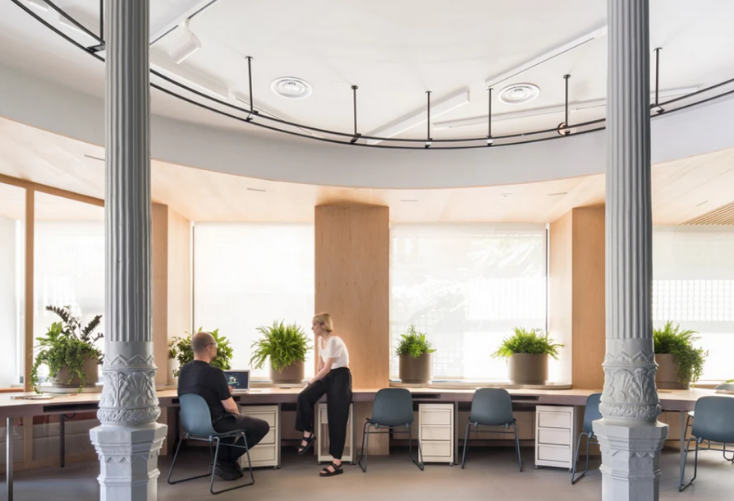Hand selected flexible workspace news from the most reliable sources to keep you ahead of the pack. We find all the latest news, so you don’t have to. Morning and afternoon updates. Stay in the know.
Here’s what you need to know today:
- The Executive Centre To Expand In India NEW
- Hotels’ Role In The Future Of The Workplace NEW
- The Impact Of Wellness On The Economy NEW
- Opportunities Arising For The Coworking Industry
- Survey Reveals A Dip In Productivity From Remote Workers
- Design Studio Creates Adaptable Office
The Executive Centre To Expand In India
Hong Kong-based flexible office operator The Executive Centre will expand with five new locations in India.
Despite the flexible office industry as a whole experiencing setbacks due to the ongoing pandemic, the company is preparing for its next phase of growth in India. The new locations will be located in Bengaluru, Gurugram, Chennai, Pune and Hyderabad with over 2,300 desk capacity.
“As workspaces prepare to resume to the new normal in the Covid-pandemic hit world, the business is in for some shifts, in terms of spaces offered and the way they are designed,” said Manish Khedia, senior director at The Executive Centre.
The firm also noted that its overall business has started normalizing, with its locations seeing up to 90% occupancy.
“While the global health crisis is reshaping corporate working environments, we expect offices to remain an important hub for creativity and idea sharing,” said Khedia. “More companies will have core and satellite offices, with some employees working closer to home or continuing to work from home and are investing in new city centre locations.”

Hotels’ Role In The Future Of The Workplace
Before there were coworking spaces, hotels served as a hub for remote workers and digital nomads who traveled while conducting business. Now, hotels have started integrating actual coworking spaces within their buildings in order to accommodate the growing number of digital nomads.
However, the hotel industry has seen a drop in guests staying overnight, so some firms have started offering their rooms as daytime offices. This allows users to rent out a hotel room for an entire day, while providing them access to the hotels other amenities.
Operators like Accor hope that this offering can accommodate remote workers who need a break outside of their home offices, while feeling safe in a clean work environment.
“It opens up new possibilities for the hospitality sector, offering a range of services, from breakfasts to coffee, lunch or even dinner,” said Jessica Jahns, Head of Hotels & Hospitality Research, EMEA. “Some hotels are throwing in other freebies such as access to leisure facilities although of course that depends on local COVID-19 restrictions.”
While being able to escape your tiresome home office seems appealing in the short-term, could this arrangement be a sustainable option? As companies begin to bring their workers back into the office, it is likely that day usage for hotel offices could dwindle. Still, for those who live in small apartments in large cities, working from a fully-equipped, spacious hotel room could be an ideal solution.
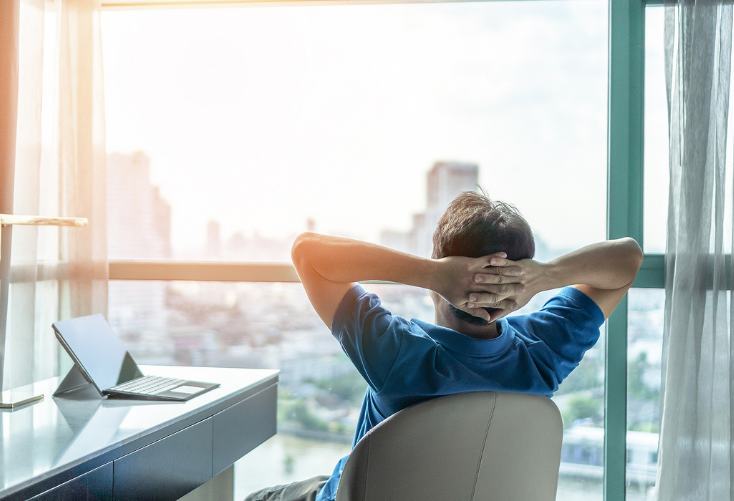
The Impact Of Wellness On The Economy
According to the Asian Development Bank’s Asian Development Outlook 2020 Update, company policies that prioritize health and wellness are essential moving forward.
Aside from the obvious risks of potential contracting COVID-19, the pandemic has led to a number of other issues such as increased mental health problems. The chapter, titled Wellness in Worrying Times, explores how human wellness has a direct correlation to boosting the economy.
“Wellness involves the pursuit of activities that lead to holistic health, happiness, and well-being,” said Yasuyuki Sawada, ADB Chief Economist. “The pandemic has had a significant negative impact on physical and mental health, and governments should incorporate wellness-promoting policies into their recovery plans to promote economic growth that will benefit both individuals and society.”
According to the report, wellness measures like creating a work environment that emphasizes healthy habits can contribute to an area’s economic recovery. In order to do this, governments and companies both should encourage and support public infrastructure that helps boost wellness such as walkways, bicycle lanes, parks and more.
Additionally, governments and business leaders should encourage people to be more mindful of their nutrition and diet. Some governments have even implemented increased taxes on unhealthy drinks and tobacco products.
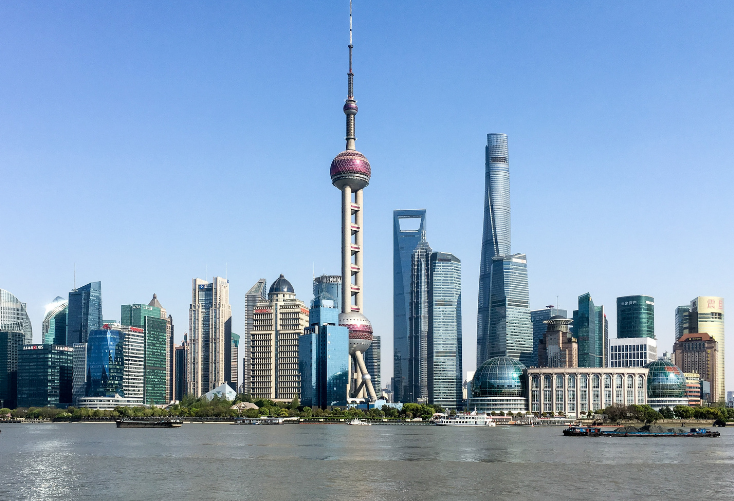
Opportunities Arising For The Coworking Industry
Typical coworking amenities include shared desks, community kitchens, foosball-ridden breakout rooms and more. But in the wake of the ongoing pandemic, shared workspaces are having to uproot these traditions in order to keep members safe.
The uncertainty has caused companies, such as Regus, to file bankruptcy for 91 affiliates. This was meant to offer some wiggle room for lease restructurings, or to slowly wind down operations at locations that did not seem sustainable.
Meanwhile, other operators have made major adjustments to their operations, including laying off workers and offering more virtual services. For instance, Regus requested rent tolerance from many of its landlords, but several refused.
While several organizations have dedicated to operating remotely for the foreseeable future, industry experts are prepared for demand in flexible office space to increase in place of signing long-term leases.
Since coworking companies take on the risk of a long-term lease, then sublease out their space in the short-term, it is the ideal option for companies who need office space to help distribute their workers.
“People are anxious to get back out of the house but waiting before they sign up for a longer term,” said Jason Deem, manager of St. Louis-based coworking firm Nebula.
Overall, it appears that while coworking operators have faced challenges over the past few months, the industry is expected to emerge victorious in the long run.
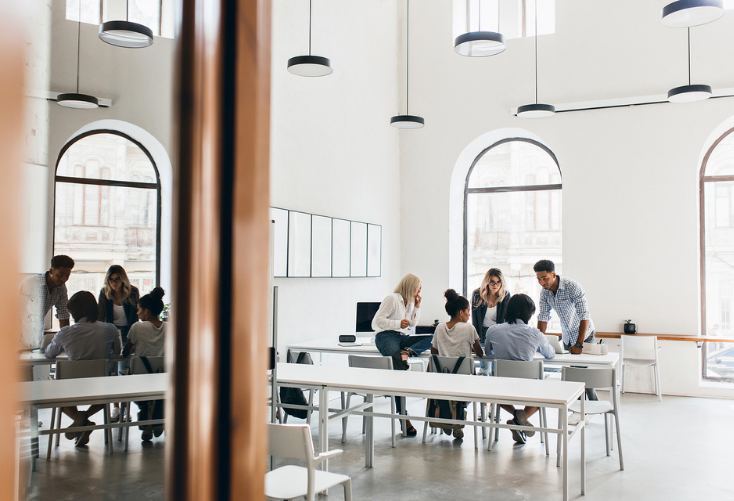
Survey Reveals A Dip In Productivity From Remote Workers
A new survey by architect and design firm Vocon revealed that companies are seeing a drop in productivity as we enter the sixth month of navigating the pandemic.
The survey received responses from nearly 50 companies around the country, and revealed that 40% have started to see a dip as employees continue to work remotely. In comparison, 56% of business leaders rated their productivity as “excellent” in April.
“That was a really big indicator for us that things were starting to fracture,” said Megan Spinos, the director of strategy for Vocon. “What we’re seeing in the comments is that there were other implications. Companies were having a really hard time keeping their culture together and a really, really difficult time onboarding employees. The workplace was really a critical place for them.”
Respondents to the survey added that sitting in front of a computer in the same area of their home was draining, and that they missed having face-to-face interactions with colleagues. These problems were particularly bad for those who did not have a dedicated office space within their homes.
Business leaders also said that although a small portion of workers were coming back into the office, the majority would continue working from home until early next year.
“I’m seeing this need for a hybrid space that is able to support an individual but moreover to support group activity,” said Spinos. “We’re seeing a lessening of the need of individual assigned spaces.”
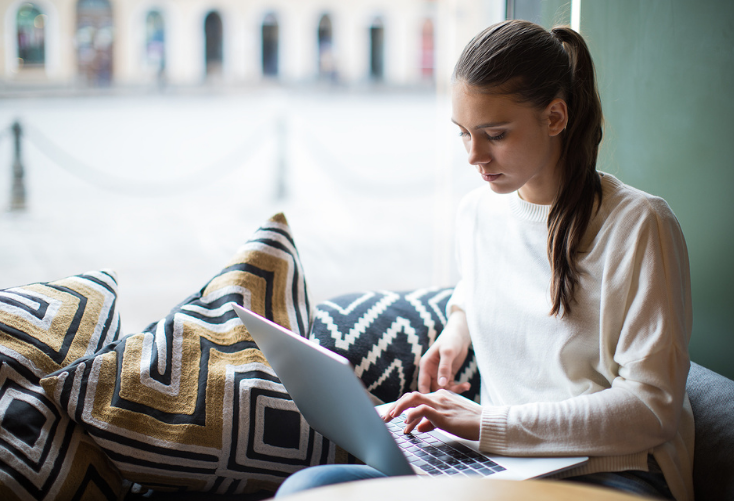
Design Studio Creates Adaptable Office
Madrid-based design studio ENORME has finished its new family office that hones in on reevaluating the workplace to be a more flexible and agile space.
The firm was commissioned to create a multifunctional space that could adapt to the needs of occupants, while still serving as an office, project showroom and collaborative space.
The core of the project includes a circular 360º viewing angle, as well as a central meeting area. The space is adaptable to the needs of workers, whether that be collaborative areas or an individual workspace for deeper concentration without building out entirely new offices.
Additionally, the design features an auditorium and library made for presentations, exhibitions or other events.
The open areas have an integrated curtain system that offers various gradients of transparency and opacity for up to 10 different scenarios. For instance, the curtains can be closed half of the perimeter to separate concentration zones from the open areas.
Overall, the finished design uses partitions and folding doors to easily adapt to the needs of workers of all styles.
